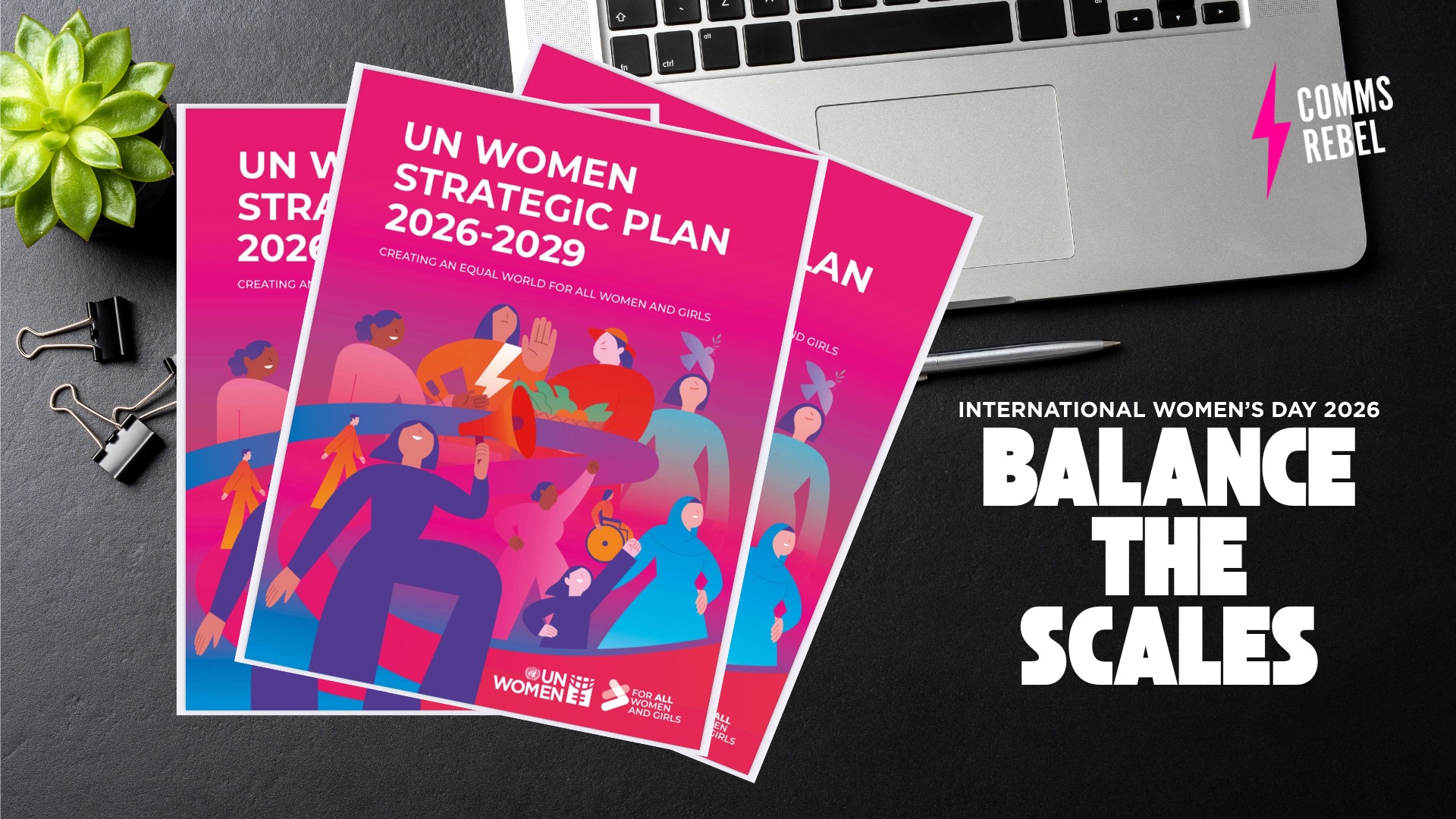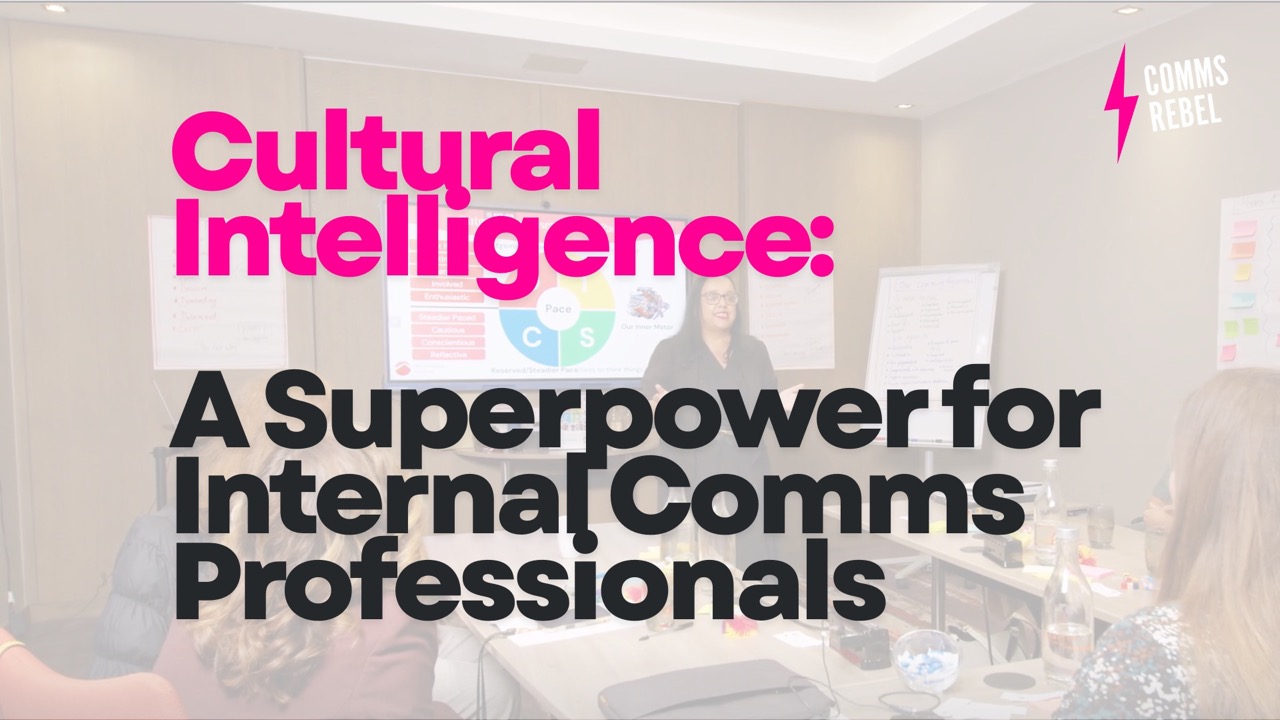Phil Wedgwood, CEO of Engage Solutions Group, and his brilliant team helped make our CommsRebel app a reality. Here Phil shares a bit more about Engage and the trends he forecasts for the future of work.
Tell us a bit more about you and your career history
I’m passionate about technology and what it can help people do and achieve. I can thank my dad for this – he was an amazing polymath who built his own home computer long before that was ever a ‘thing’. After a first-class degree in computing and an MBA, I was ready for business. A decade with BT on the exec fast-track programme showed me how I could take what I loved – technology – and make a difference, as well as a living. It also taught me that I needed to be my own boss. Let that entrepreneurial spirit have its head, for good or bad! I’m now into building my third software business, having sold my first after an AIM flotation and my second to a major player in Silicon Valley.
Tell us a bit more about Engage
We help build thriving communities. And we do that through consumer-grade or app-based technology as some say, just like the consumer apps you have on your phone. We work with organisations to reach and support both internal and external communities, so employees, customers, wider stakeholders. The more businesses engage, the better they can deliver positive outcomes for everyone. So every day I get that buzz of seeing just what change or impact technology can have. To create a more connected and human culture, empowering businesses to think and work differently or creating safe online spaces for groups who want to segue between the physical and the digital.
What about your clients?
We have customers in virtually every sector, a professional services client with 100 staff, an automotive parts retailer with thousands of customers; we have the Co-Op and Liverpool Football Club; we have CommsRebel and vocL, both vibrant communities blazing a trail across the region.
Take Liverpool FC for example. Before they worked with us, they were trying to manage their casual staff, around 5,000 people, by text, post and in-person meetings. Can you imagine? This is the army of workers they depend on for match days, for all the stewarding, catering, security, ticketing, even the ball boys and girls. They struggled with retaining staff from match to match, never knew who was going to make themselves available, and you can only imagine the logistical complexities around on-boarding, training and pre-match briefings, not to mention the event management demands of matchday itself. When they rolled out the app, it was with two aims – bringing in a whole new level of operational efficiency and agility and, most importantly, building a real sense of a ‘Liverpool FC family community’. That’s very much the spirit and purpose of Liverpool’s app; the essential tools, like the newsfeed, messaging, push notifications, payslips, training, surveys etc, make it simple to connect and reach and engage people. Still the more interesting bit for me is the ‘why’ – why are we using this tech, what are we hoping to achieve? It was all about commitment, togetherness, loyalty, recognition, supporting your club.
What trends are you seeing? And what do you forecast for the next few years, especially with the future of work?
Tech as ever moves fast, keeping us comms professionals on our toes. Just look at the impact AI is having. It’s helping your average comms person become amazing. That’s the thing about tech. it’s a value add, not a threat. We are seeing the future of work seriously improved via technology, which will only continue fast. Flexibility, immersive work experiences, better communications – everyone wins.


